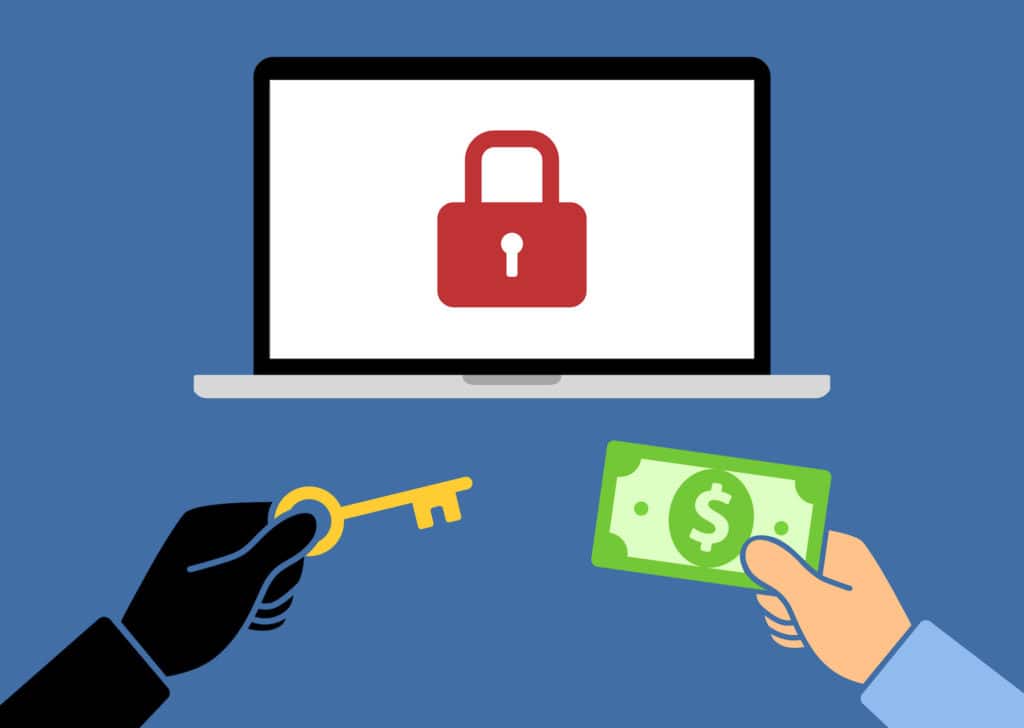Differences Between Hollywood Hackers and the Real Deal

In many television shows and movies today, hackers and cybercriminals take the form of evil villains or mischievous antiheroes. While this characterization is undoubtedly fun to watch, they don’t quite get the facts right. Most of the computing constructs demonstrated in entertainment don’t actually exist in real life. This week, let’s discuss what real-life hackers […]
Here are the Online Threats You Need to be Concerned With

Network security is a constant problem for many organizations. It’s mostly because of the many advanced threats that make their homes on the Internet. Businesses without dedicated IT resources or security professionals do not know how to handle network security. Furthermore. how to appropriately protect their assets. Let’s examine some of the more common online […]
How Prevent Your Network from Being Sold By Hackers

Believe it or not, your organization’s network can be sold by hackers under the right circumstances. This is the unfortunate reality that we live in. Thus, the commoditization of data and network access has become a real problem. According to a study from KELA, hackers can sell access to compromised networks for a pittance compared […]

